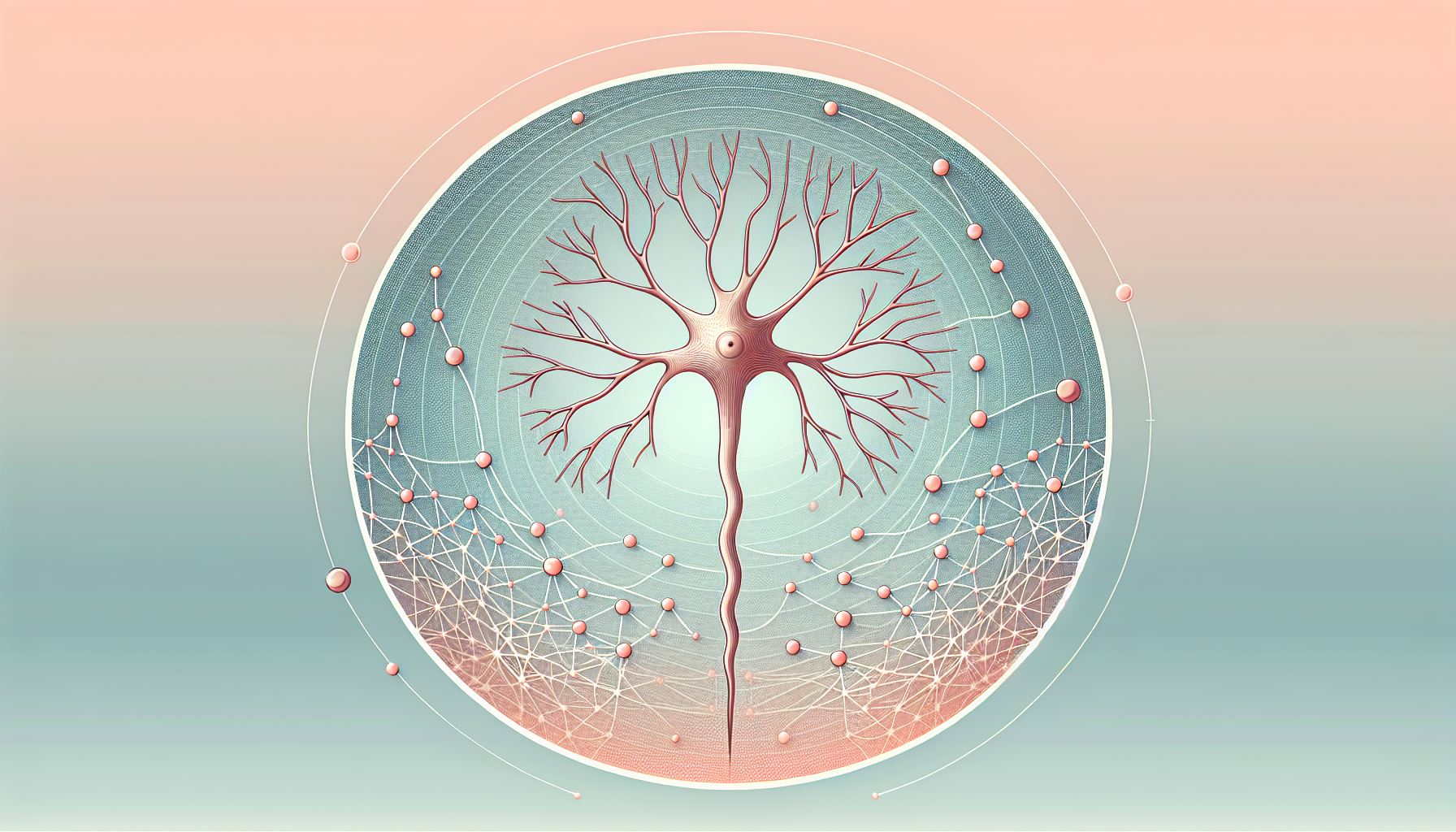Ph.D. in Neurophysiology: Introduction, Admission, Registration, Eligibility, Duration, Fees, Syllabus 2024

Introduction:
Embark on a transformative journey into the human mind with a Ph.D. in Neurophysiology. This advanced program delves deep into the electrical orchestration of the nervous system, uncovering the mysteries of neural communication. Through rigorous research and innovative laboratory work, students will dissect the complex interactions that govern sensory perception, motor control, and cognitive functions. Graduates emerge as pioneers, poised to contribute groundbreaking discoveries to the field of neuroscience, shaping our understanding of the brain’s intricate workings and its impact on behavior and disease.
Admission Process:
- Submit an online application through the university’s admissions portal.
- Prepare for entrance exams; some institutions may waive this for candidates with qualifying fellowships.
- Attend interviews; shortlisted applicants will be invited to discuss their research interests and qualifications.
- Verify documents; provide academic transcripts, recommendation letters, and other necessary documents.
- Check eligibility against the released cutoff lists to confirm admission status.
Eligibility:
- Master’s degree in Neuroscience, Psychology, or a related field.
- Minimum academic score, usually 55% or equivalent.
- Entrance examination, such as PET, JGEEBILS, JEST, NET, etc.
- Research experience, demonstrating a capacity for scientific inquiry.
- Undergraduate coursework in biological/life sciences or experimental psychology.
Completion Time:
The completion time for a Ph.D. in Neurophysiology typically ranges from 5 to 7 years. This period is crucial for students to: Engage in comprehensive coursework to build foundational knowledge. Pass qualifying exams to demonstrate their understanding. Conduct original research that contributes to the field. Write and defend a dissertation based on their research findings.
Career Opportunities:
- Academic Researcher - Lead innovative studies in universities.
- Clinical Neuropsychologist - Diagnose and treat neurological conditions.
- Pharmaceutical Researcher - Develop new drugs and therapies.
- Biotechnologist - Apply technology to biological processes.
- Neural Engineer - Design systems that interface with neural activity.
- Database Manager - Oversee data in neuroscience research.
- Forensic Neuropsychologist - Work within the legal system.
- Healthcare Administrator - Manage healthcare delivery systems.
Syllabus:
- Research Internships at leading neuroscience institutes.
- Clinical Internships in hospitals, focusing on neuropsychological assessment.
- Industry Placements with pharmaceutical companies.
- Laboratory Internships for hands-on experience in neurophysiological techniques.
- Summer Programs at national neuroscience research centers.
- Teaching Assistantships at universities, aiding in undergraduate courses.
- International Exchange Programs to gain global perspectives.
Internship Opportunities:
- Research Internships at leading neuroscience institutes.
- Clinical Internships in hospitals, focusing on neuropsychological assessment.
- Industry Placements with pharmaceutical companies.
- Laboratory Internships for hands-on experience in neurophysiological techniques.
- Summer Programs at national neuroscience research centers.
- Teaching Assistantships at universities, aiding in undergraduate courses.
- International Exchange Programs to gain global perspectives.
Scholarship and Grants:
- University-specific scholarships based on merit or need.
- Government-funded grants for promising research projects.
- Private foundation awards for innovative studies.
- International fellowships for global collaboration.
- Industry-sponsored scholarships for applied research.
- Conference grants for presenting findings.
- Travel grants for research at distant facilities.
- Teaching assistantships that provide stipends.
- Research assistantships with funding for specific projects.
FAQs;
What is the focus of a Ph.D. in Neurophysiology?
The program focuses on the study of the nervous system’s functions, from molecular to behavioral neuroscience.
What are the admission requirements?
Applicants typically need a strong background in natural sciences and research experience, with a variety of undergraduate courses in related fields.
How long does it take to complete the program?
The average completion time is about 5.5 years, which includes coursework, research, and dissertation work.
Are there opportunities for interdisciplinary collaboration?
Yes, many programs encourage interdisciplinary work, often spanning departments and fields.
What kind of research experience is required?
Prior research experience, especially with a mentor in neuroscience or a related field, is highly valued.
Can I work while completing the program?
This depends on the program’s structure, but many Ph.D. students engage in teaching or research assistantships.
What career paths are available after graduation?
Graduates can pursue careers in academia, clinical settings, pharmaceuticals, biotechnology, and more.
